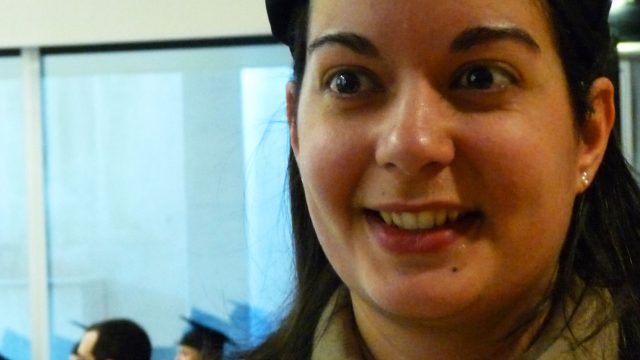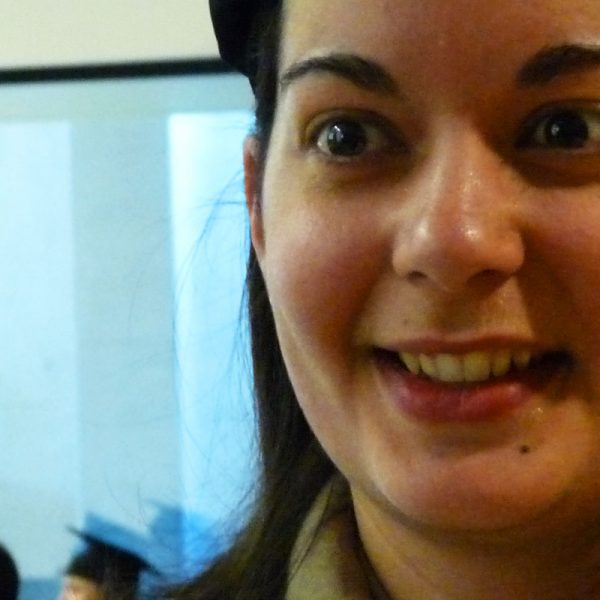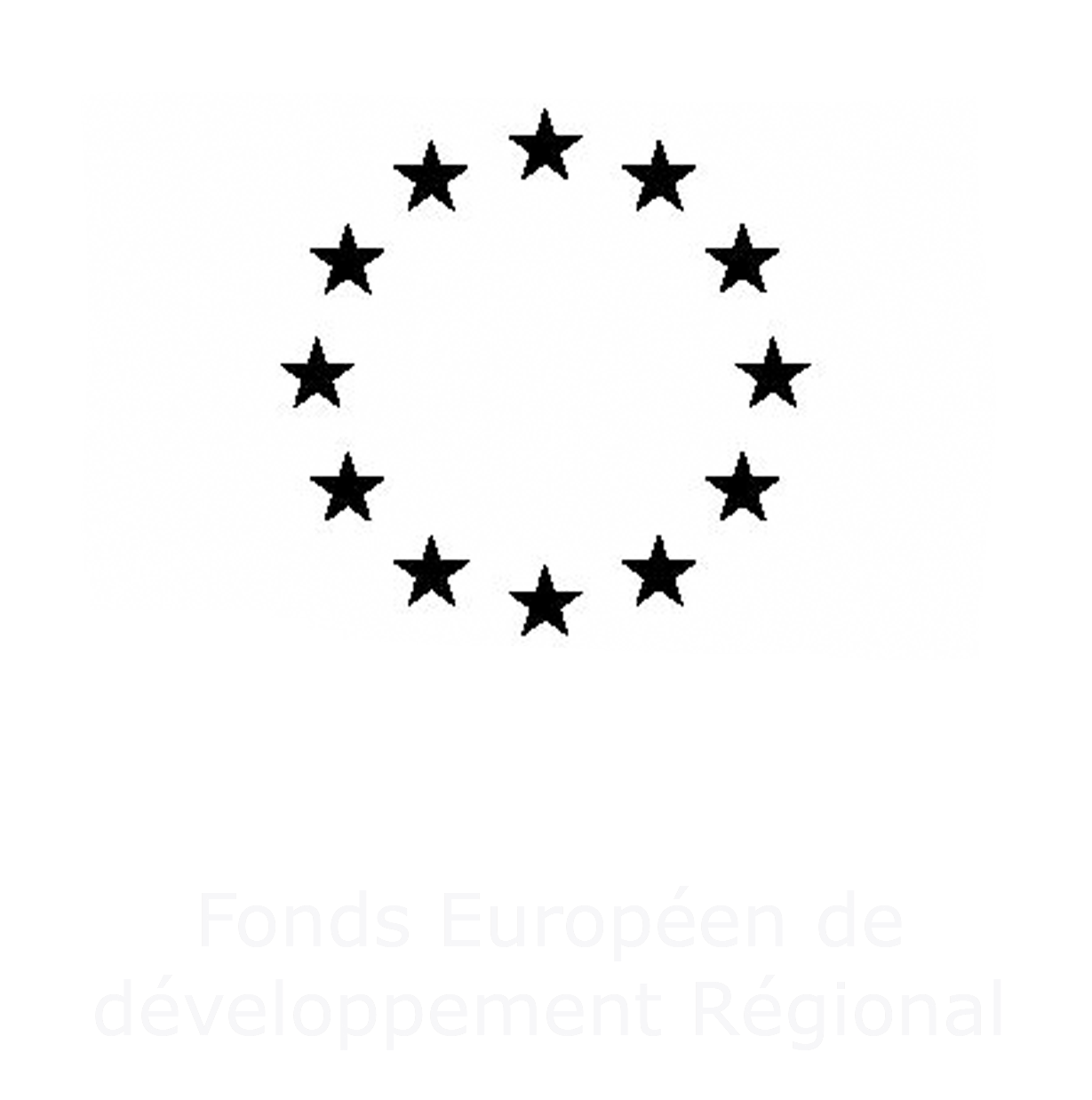
Delphine Lachassagne : We developed numerous essential technical, scientific and cross-functional skills
“We developed numerous essential technical, scientific and cross-functional skills.”
Delphine Lachassagne defended a thesis on “The future of micropollutants present in sewage sludge, treatment for agricultural spreading: application to metallic (Cd, Cu) and organic (medicinal) micropollutants from the conventional biological treatment of urban or hospital waste.” She shares her experience as a doctoral student.
What course did you take?
I completed my thesis in the laboratory of the [Water, Soil, Environment Research Group] (Groupement de Recherche Eau, Sol, Environnement) GRESE of the University of Limoges. It is an environmental science thesis which draws on skills in the fields of process engineering, chemistry, biochemistry, treatment of wastewater and sewage sludge. During this thesis, I performed various laboratory experiments and processed the results. I also had the opportunity to participate in European and international congresses where I presented my work to many scientists. My thesis resulted from a contract with the [Agency for the Environment and Energy Management] (Agence de l’Environnement et la Maîtrise de l’Energie) ADEME in partnership with the company Degrémont (Suez Environnement). It is part of the broader framework of the SIPIBEL project, which studies the impact of hospital waste in an urban wastewater treatment plant. I was therefore able to collaborate with many professionals and build myself a strong network.
What are your professional projects?
I’d like to obtain a post-doc in order to work on a new research project, continue to publish scientific articles, then integrate into a research position at an R&D research institute. I am also interested in teaching so if the opportunity arises, why not become a lecturer?
What would you say to those who are tempted by the doctorate?
The doctorate is a very rewarding journey that is both scientific and human. It’s a perilous course with god times and bad times, but one has to stay positive, continue and persevere. These are very important qualities in working life.
The rigour of science is very important for working in research and managing a thesis project. You have to be autonomous, organised and rigourous, but also be a teacher, communicate, collaborate and adapt to the skills of each person. We develop many essential technical, scientific and transversal skills for integrating into the professional environment that we want to stay in research, work in a company or become a lecturer. It’s not necessary to complete a thesis by default, but if you feel like it, you should pursue this approach.


